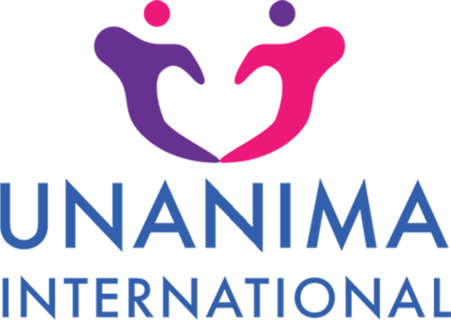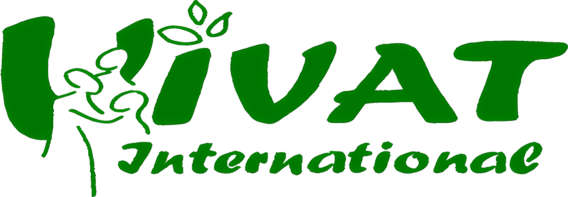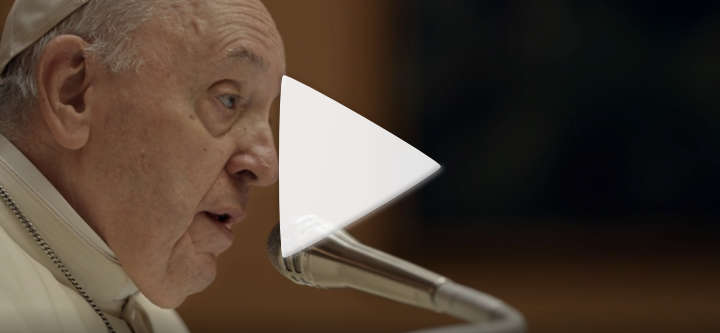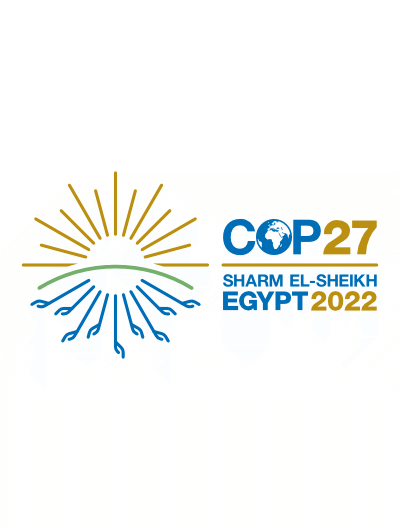
The Letter
testimonial voices from around the world
Venue
COP 27 Blue Zone, Exhibit Booth no. 43
Thematic Category
Adaptation, Resilience and Loss & Damage; Education, training and public awareness; Loss and damage.
14-17 November, 2022,
10:00a.m. – 5:00 p.m.
A brief narrative: Human-induced climate change is one of the fundamental planetary boundaries that humankind is transgressing. Migrations from countries most affected by climate change are rising. It brings deaths, despair and anger. Pope Francis reminds us that we must not get used to this, and this is at the roots of Laudato Si’, an encyclical that calls us to look for ways to change the world.
A brief narrative: Meet the different “voices” that Laudato Si’ has put forward, through the different protagonists of the movie The Letter: Voices of the Poor, the Youth, the Indigenous people, and Science.
A brief narrative: Indigenous people are the steward of their land. Their ancestral knowledge and living experience help us understand our duty, as humans, regarding Creation. Chief Dada tells us about his vision of nature and what his territory and his people are experiencing.
A brief narrative: The Youth is the group that will face the hardest climate change. All over the world, they are raising their voice to try to stop the climate crisis. Ridhima, an Indian teenager, tells us about her nightmares, what drives us to fight and what she hopes for the future.
A brief narrative: Senegal is hardly affected by the climate crisis – migration within the country and to other part of the word are literal cries of the Earth. Arouna has had a hard childhood, but he shares with us his hope of being able to build a flourishing future.
A brief narrative: Laudato Si’ is rooted both in the Catholic Tradition, Scriptures and in Science. Dr. Asner and Dr. Robin share about how they work, and how their scientific knowledge must be transformed into action – something Laudato Si’ is helping us to do.

Documentary Videos from the
Carmelite NGO
A brief narrative: Indonesia is one of the countries most at risk of rising seas from climate change. Because the sea defines all aspects of life and culture of this island nation, profound change is happening now. Different people from Java Island are interviewed and share their concerns and hopes. The Carmelite NGO explores these issues and what can be done to fight land loss. Meet the people affected, listen to the experts and join us in fighting climate change.
A brief narrative: Shrimpers facing challenges, disappearing wetlands and a football field of land washed away every 100 minutes. Land loss is happening now in Louisiana. Economic distress is a terrible consequence. Where is hope?
The Carmelite NGO explores these issues and what can be done to fight land loss in Louisiana. Meet the people affected, see how rising seas are washing the state away, listen to the experts and join us in fighting climate change. Check out our teachers guide for this video.
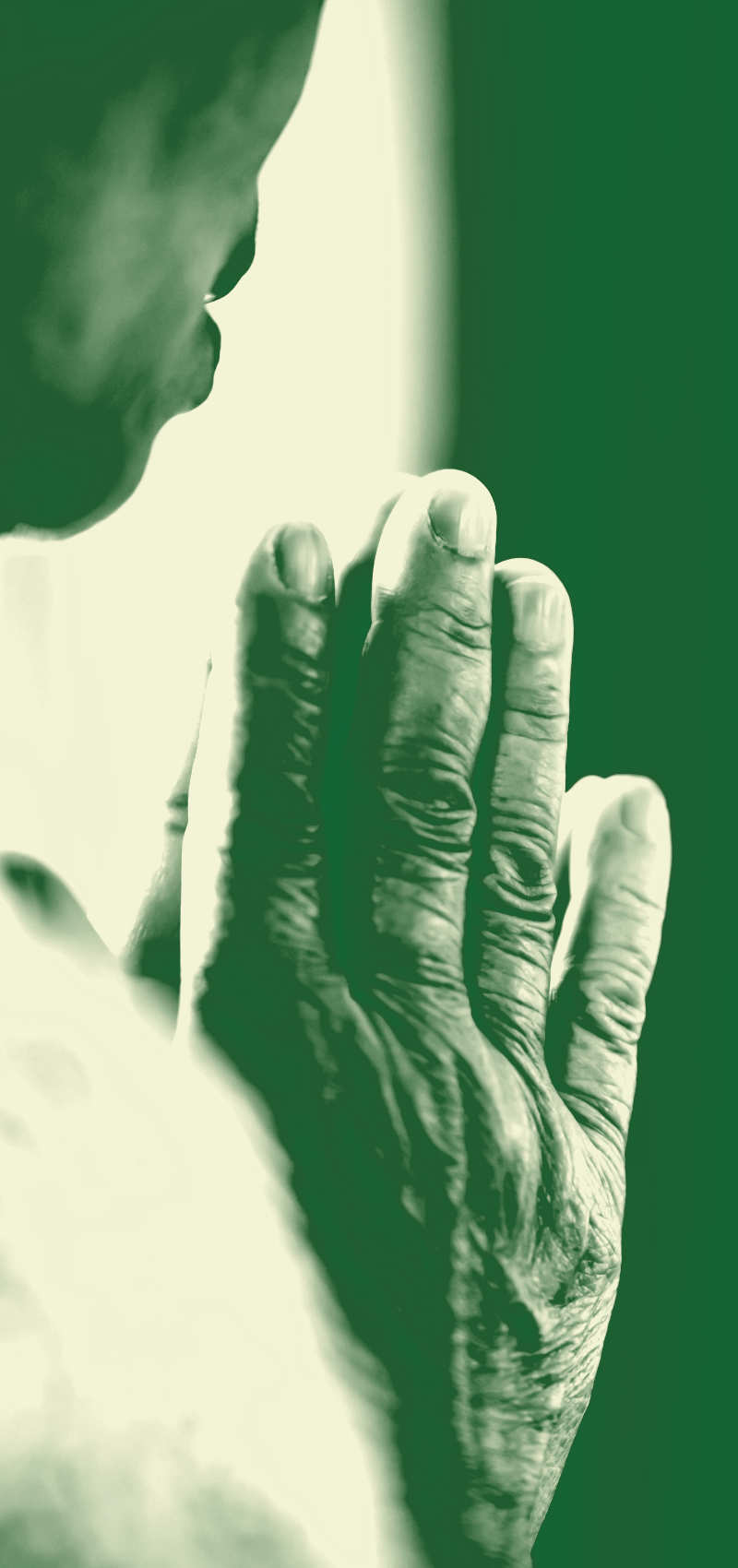
Documentary Video from
VIVAT International
A brief narrative:
VIVAT members in the Philippines, led by the JPIC commission of SVD Central Province, work hand in hand with church groups, parishes, dioceses, school institutions, and indigenous communities to plant one billion bamboos by 2030.
Bamboo has significance socially, economically, and environmentally. Find out more information here.

Documentary Video from
UNANIMA International
A brief narrative:
In addition to addressing the people of Trujilio’s most basic needs, the Sisters also met with town officials in the aftermath of the flooding. Trujillo is the 3rd largest city in Peru and is not a stranger to floods and huaicos. Huaicos, a Quechua term, are flash floods from heavy rain that cause rock and mudslides. Although huaicos are expected in the Andes, the extreme rainy seasons in the region resulted in dramatic increases in the frequency of the floods and mudslides.

Documentary Video from
UNANIMA International
A brief narrative:
Former UNANIMA International Board Member Pereka Nyirenda, RSC, from the Religious Sisters of Charity – Ireland and Australia offers her hopes and wishes for climate resilience in Malawi that accounts for women and girls. People in Malawi have worked tirelessly to respond to those affected by Cyclone Ana. As of March 2022, 50+ families had lost their homes. RSC and other religious had begun to distribute tree seedlings in one of the areas that was worst hit by the Cyclone. UNANIMA International continues to highlight the voices of grassroots members from Malawi and other African countries affected by worsening tropical storms.
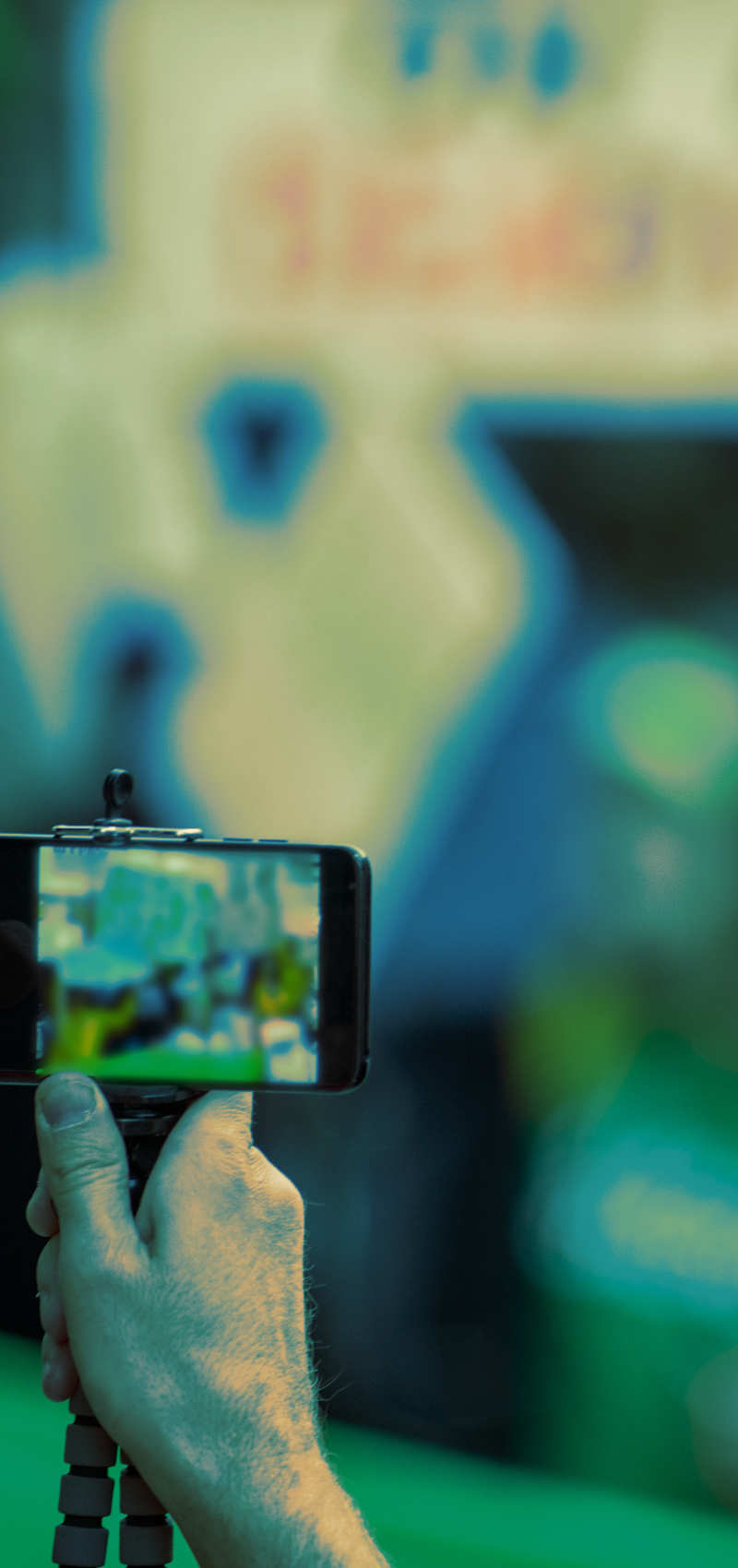
Documentary Video from
Barranquila+20
A brief narrative:
The climate emergency is a reality whose impacts are visible for multiple communities and ecosystems globally, a problem that is not indifferent to Colombia and much less for the department of Atlántico. Our department of Atlántico is considered one of the departments with the greatest climatic alteration caused by external factors that directly affect the biodiversity of the region. The Mallorquin swamp is a clear reflection of the loss of biodiversity and the climate crisis as expressed by its inhabitants.
What about you?
How has climate change impacted the territory you live in?
All parts of the earth are not going to experience the same extreme consequences of climate change, but there are signs everywhere to see. Feel free to contact us by email, to share your documentary video with an explanatory text.
The witnesses you’ve seen are not only complaining, they are calling all humankind for urgent action to mitigate climate change, by reducing greenhouse gasses emissions, especially in most responsible countries.
The organizers of this exhibit want to thank all the witnesses and those who help them to be heard.


